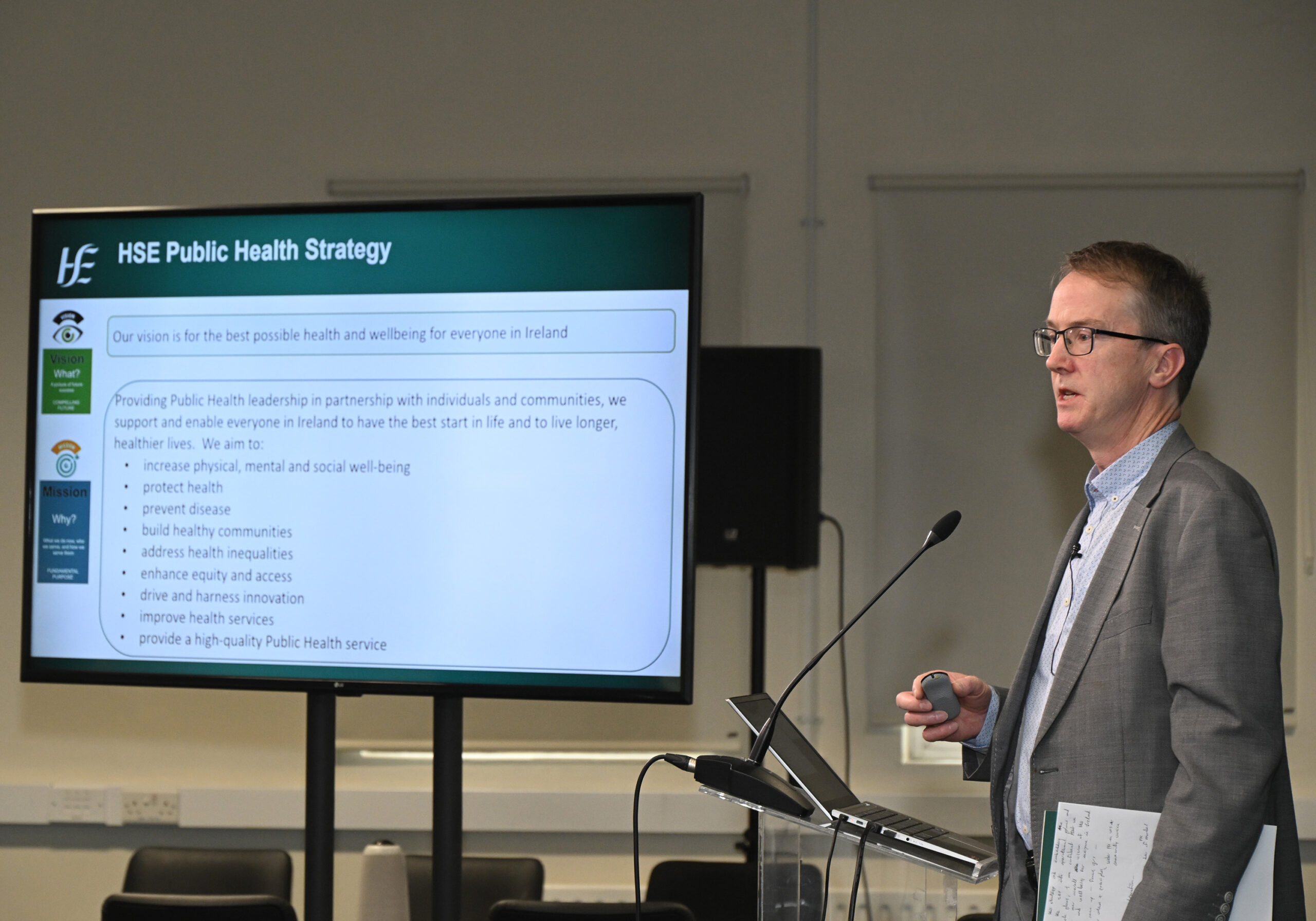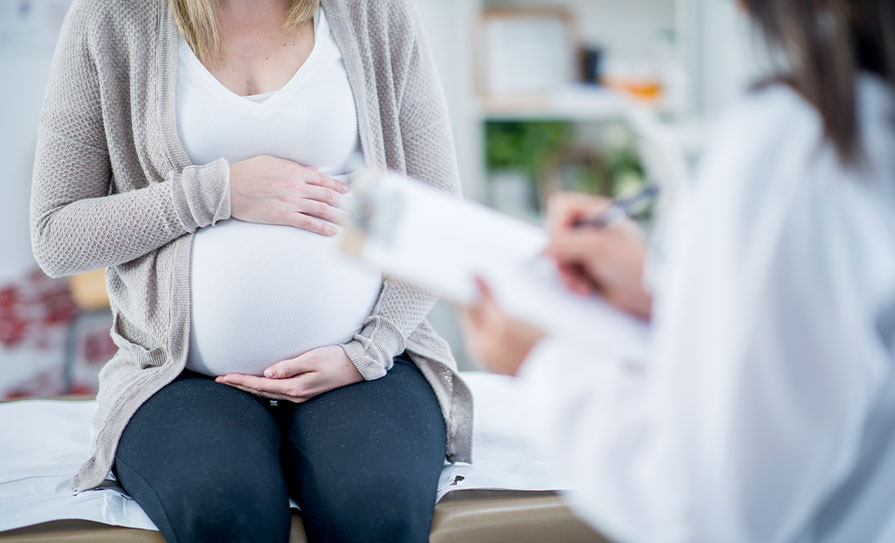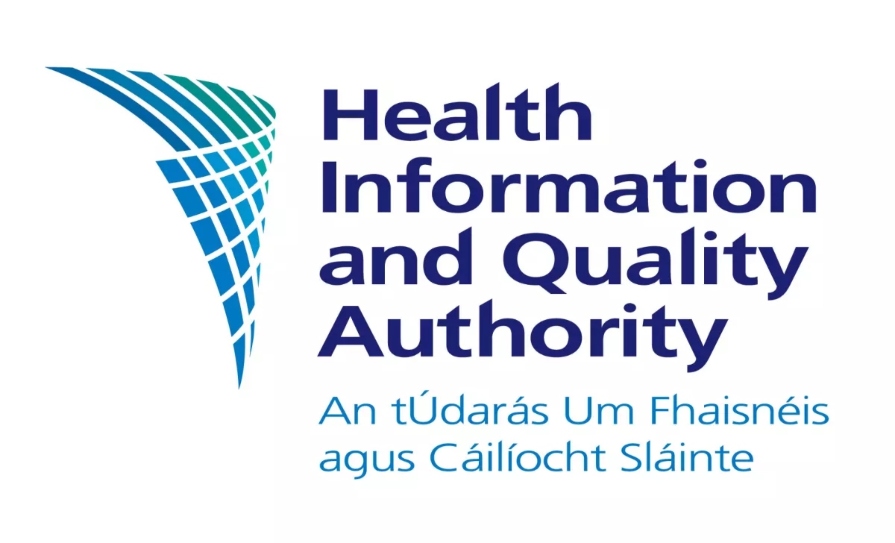A new deal between GPs and the Department of Health to be announced shortly will include a €132 million FEMPI repayment package, the Medical Independent (MI) has learned.
The total value of the reversal is €120 million but this increases to €132 million when superannuation fund payments are taken into account, a GP source informed MI.
The agreement between the IMO and Department of Health has yet to be finalised, but an announcement is expected next week regarding the deal, which covers FEMPI, new work changes and chronic disease care.
Crucially, the accord is not expected to include the provision of care to the under 12s, discussions around which are to take place separately.
MI understands that €25 million is to be repaid in July 2019 as part of the FEMPI package. Another €35 million will be repaid from January 2020, bringing to €60 million total repayments at this point. Full restoration of the remaining €60 million in monthly payments will commence from January 2022, bringing the total to €120 million.
The money will appear in GPs’ monthly payments based on increased capitation, it is understood.
The FEMPI package includes a number of proposed work changes, some of which are already being undertaken by GPs, such as e-referral activity.
Other measures proposed include a one-hour long monthly meeting between a GP and public health nurse to discuss patients, and the introduction by the HSE of 25 pharmacists nationally to review GP prescriptions.
The pharmacists will provide advice and feedback to GPs on prescriptions and spot potentially inappropriate prescribing. GPs will have the option whether or not they wish to act upon any advice given.
A summary care record and a shared care record are also proposed, but could take some time to introduce within IT systems.
The summary record, it is understood, would include information on patient conditions and medications from GP systems which could, with patient consent, be viewed by clinicians in other healthcare settings, such as out of hours and secondary care.
The shared care record would work in a similar way but would, for instance, allow hospital staff to update an electronic patient record.
The chronic disease package, believed to be worth about €70 million, contains two elements.
The first would provide GP funding for an annual nurse and doctor visit for patients considered to be at risk of developing a chronic disease.
The second would allow patients suffering from one or more chronic disease access to four visits (two nurse and two doctor visits) annually for the following conditions: Asthma, COPD, diabetes, heart failure, stroke and ischaemic heart disease.
Patients with two or more chronic conditions would incur enhanced GP payments under the deal.
A GP, who spoke to the paper on condition of anonymity, welcomed the deal, saying it would provide much needed funding for GP services and protect doctors’ income.
The GP said he believed general practitioners would embrace chronic disease management in primary care but cautioned that he would not like to see a situation where an increase in chronic disease management in general practice led to a reduction in treating other, more acute patient ailments.
He welcomed the review of GP prescriptions by pharmacists, adding that the service would help to reduce clinical negligence claims and patient litigation.













Leave a Reply
You must be logged in to post a comment.